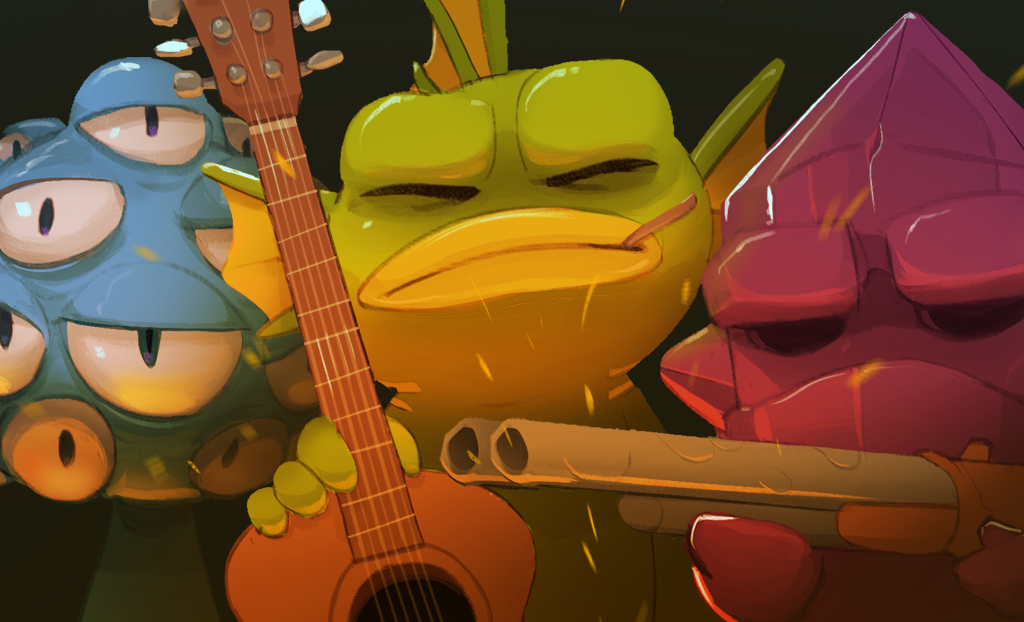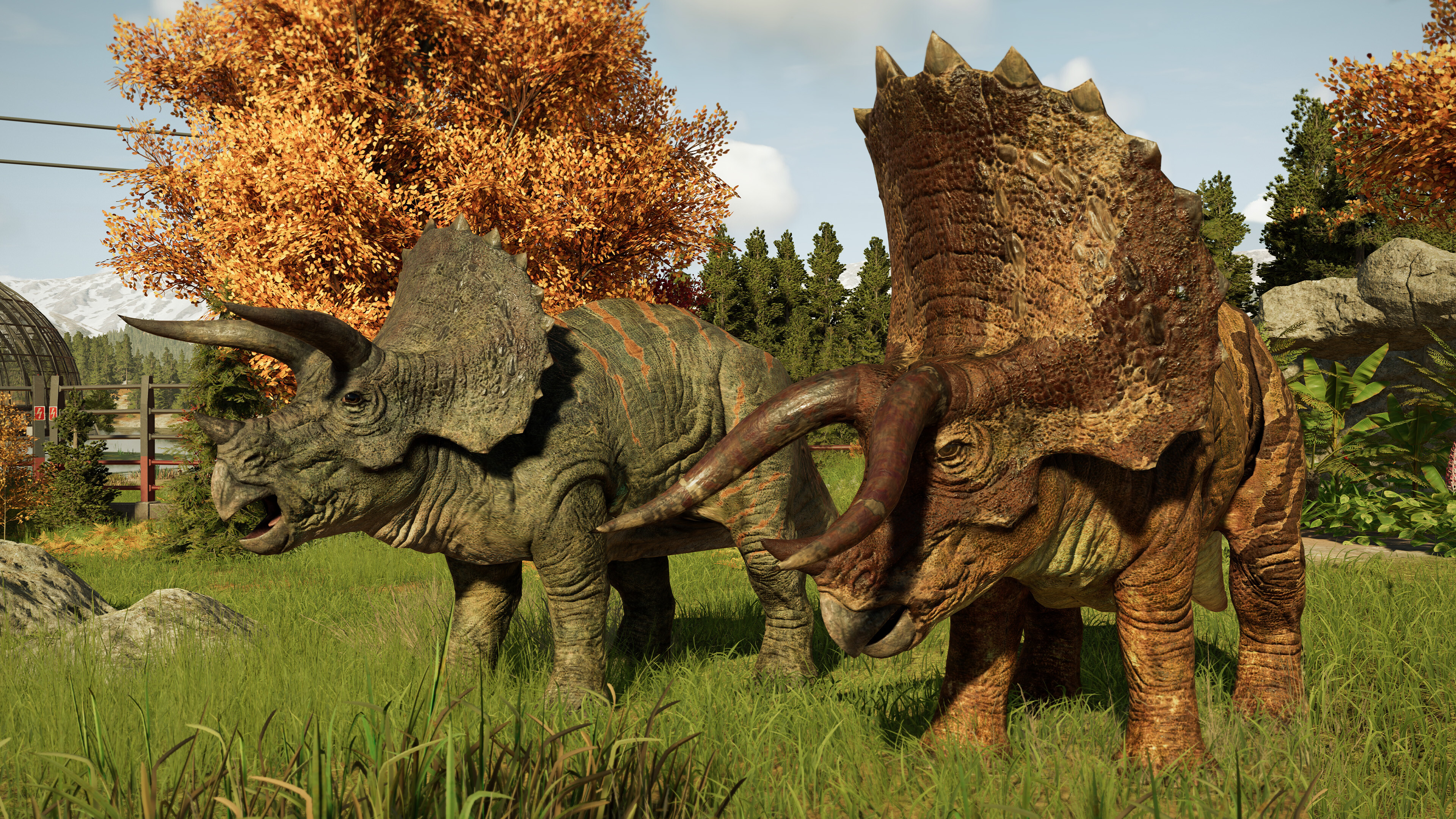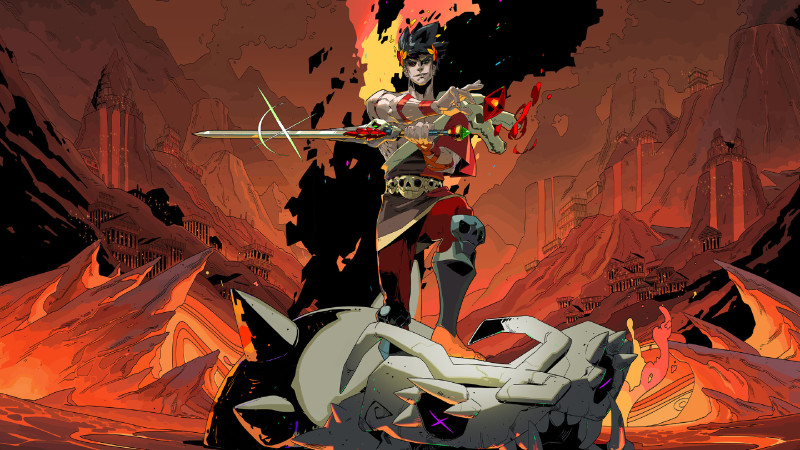
Don’t Compare Mafia: The Old Country to GTA 6, Dev Says — They’re Not as Similar as You’d Think
It seems remarkable that Mafia: The Old Country and Grand Theft Auto 6 may end up releasing within a few months of each other, more remarkable still that they’re both owned by the same parent company. Both games are about crime, murder, and getting up to no good, and while one is set in 1900s Sicily and the other a fictional representation of Miami, you’d be forgiven for thinking the developers of Mafia: The Old Country would prefer a bit more breathing room from the behemoth that is GTA 6.
But in an interview with IGN ahead of Mafia: The Old Country’s trailer reveal at The Game Awards 2024, game director Alex Cox and Hangar 13 president Nick Baynes dismissed those concerns, and even distanced their game from comparisons to GTA 6. GTA 6, of course, is set to offer perhaps the most advanced open world ever created. Mafia: The Old Country, on the other hand, shouldn’t be considered an open-world game at all.
Rather, the pair insisted, Mafia: The Old Country is more like Mafia 1 and 2 than it is the open-world Mafia 3. It is a “linear, narrative-driven” game, a “focused package” that offers a “cinematic experience.” You might find yourself driving around an authentic representation of 1900s Sicily in Mafia: The Old Country, or even riding around on horseback a bit like that other Rockstar game, but the similarities stop there.
Read on to find out why Hangar 13 opted to go back in time rather than forward, the steps the developer took to make sure its version of 1900s Sicily is just right, and the threat of GTA 6 pretty much stomping all over it.
IGN: Can you tell me a bit about Enzo?
Alex Cox: Yeah, sure. The trailer’s themed around Enzo’s initiation. He’s being initiated into the Torrisi crime family. The Don, the guy that’s cutting his lip, is the crime boss and he’s the guy who Enzo answers to in the game. Enzo starts in a very humble way. He starts his story in the Sicilian sulfur mines. They were a hidden history I suppose to some extent for people. But there was this sulfur mining in particular using very young children. Carusu, they were known as, were a feature in the 19th century and the early 20th century in Sicily.
There’s a lot of people involved there. So that’s Enzo’s backstory. He grows up effectively in this very harsh and uncaring environment. And then he escapes from that early in our story and then finds his way into the mafia in ways that will be revealed. That’s when people get to play the game. That’s Enzo, and he obviously comes from a very humble background. So the mafia offers him an opportunity to make something of himself, earn some status or respect. He’s come from the really lowest strata of Sicilian society at the beginning of the story. He’s really determined to do anything it takes to get something for himself and make something of himself.
Nick Baynes: I think he’s going to be a real fan-favorite. He’s got a very unique backstory compared to the other protagonists in the Mafia stories. Enzo is some kid who’s been very deprived in his childhood. He’s literally had no family at all, and he stumbles across the family. So it is a very interesting journey as a player watching him experience this and going through that with him. It’s quite a familiar but fresh take on the rags to riches mob movie story.
Alex Cox: Something that we wanted to do with the story generally is to make sure that we’re comparing and contrasting with some of the American mafia stories that we’ve done and people will be familiar with in other media, and then using Enzo as our opportunity to go and explore that. But through Sicily back in the day, around the time when the Sicilian mafia was created, at the height of its influence back in the 19th to early 20th century.
IGN: The first Mafia game was set in the 1930s and then the sequels progressed in time with each game, to the forties then late sixties. But you’ve gone back for this one. What prompted the decision to do that as opposed to continuing into the seventies or eighties? Why did you decide to go all the way back and indeed to Sicily rather than another place in time in the U.S?
Alex Cox: It was interesting for us because we are starting a new era of Mafia in some ways because we’ve done an engine reboot. We’ve moved to Unreal, and we were looking around. One of the things about Mafia we think, as you say, we could set stories in many different places, in many different areas. But when we were thinking about what the next game should look like, one of the ones with the most distinctive and unique promises was the Sicilian setting, the backstory where it all came from. It’s there in The Godfather, it’s there in lots of other stuff. The Old Country it’s referred to, we’re all familiar with what that means, but it’s something that we’ve never really done in the games. And so that was the main reason.
And then slotting it back at the start is convenient for us because we can tell a new story. It’s connected to the wider Mafia universe, it’s not a reboot or anything, but it freed us to do something new and to really take advantage of that setting in a way that’s also interesting because we’re changing up the history a little bit. Rather than getting more modern, going back to an era which is also a little bit unusual, that dawn of the start of the 20th century, we’ve still got the trappings of the 19th century, riding around the horseback and we’ve got the weapons and an armory that you might expect at that time period. But the modern world, the 20th century is dawning. So those kind of early versions of those kind of technologies are starting to appear. It’s just interesting for us to explore creatively for that reason.
Nick Baynes: It also serves three purposes. Obviously it is the origins of the actual mafia, the real-world mafia. It is the beginning of things that lead into the original trilogy, but it also sets up a whole new story, whole new stories in the Mafia universe. So I think for people who have loved Mafia games in the past, this is a really satisfying game for them, taking them to an area that they’ve never been to before. And it’s a really good jumping on point for new players as well who maybe haven’t tried Mafia in the past and want to try it out. You don’t need to know anything about any other games.
Alex Cox: It has been some time since Mafia 3. Thinking about it now, it wasn’t really front of mind. But yeah, it is a jumping off point for new players. While there are connections to the wider story, it’s not the main focus of the game. So returning fans will get something from those side stories and subplots and what have you. But it is a fresh starting off point for new players.
IGN: You say it’s not a reboot and it’s set within the same universe as the first three games. So for people who did play those and are really invested in Mafia, will there be familiar characters that they’ll see in this game at a different stage? Are fans going to see stuff that will then lead into things that they’ve seen in Mafia 1 or 2?
Nick Baynes: We’re not going into into details right now on that sort of stuff. I think to a degree it’s consistent to other Mafia games. So they’ve had things in the background that tie them together, but not necessarily explicitly in your face. But yeah, I think fans will be satisfied.
Alex Cox: Without getting too spoilery, it’s definitely an intentional part of the main story. It’s connected to those other stories. We know that the main character is Enzo. He is not a returning character. Don Torrisi is similarly not a returning character. So it’s not like a direct prequel in a way like purely serialized fiction.
IGN: So it’s not like Star Wars leading up to Darth Vader in Episode IV?
Alex Cox: In the way that the other Mafia games are connected to one another through recurring plots, themes, and characters, rather than it being back-to-back. I would say we can talk about it in that sense.
IGN: You’ve talked about authenticity before with it being set in 1900s Sicily. I assume the team had a nice time out there doing research. What sort of things did you get up to to make sure that you captured that time? You’re talking about over a hundred years ago. So what steps did you take to try and recreate it as authentically as possible?
Alex Cox: We’ve been out there a few times over the past couple of years. We went to Sicily, several trips out there with various members of the team. We partnered with a Sicilian game studio called Stormind, which has been great to collaborate because they understand what we’re looking for as game developers. They understand the challenges of game development of course and the kind of information we’re going to need to know. And those guys helped us to connect with various experts in Sicily, historians.
One guy for example is like a knife expert. He’s a guy that crafts all of these different kinds of knives. He’s heavy into Sicilian knife fighting, which is something that features in this game. I wasn’t on this trip, but the guys went to visit his workshop and he talked us through all of the creation of knives and the culture around knives in Sicilian culture, and obviously it’s relevant to Mafia as a mafiosi weapon.
We visited a whole range of places actually. We went around and did the tour of the island. The game’s largely set in the countryside actually. When you go to Sicily, most of the island is still a very rural setting. And so actually if you go and see places now, those old towns and villages and things like that, they look very, very similar to they would’ve done a hundred years ago. So that’s cool.
It was a real mix of place events to visit. So locations from The Godfather movies for example, to sulfur mines. I went to this disused – fortunately now – Sicilian sulfur mine where these child laborers were once put to work. As with the other Mafia games, recreating the environment is a really big part of the pitch. It is like this time period, the mafia in this setting and making sure that’s a rich realization of that.
IGN: Sounds like a lot of fun!
Nick Baynes: We’ve tried to be as respectful as possible. It’s such a beautiful island. As well as actually getting reference and having partners there, we’ve made a point to then review what we actually do with people out there to make sure that it does seem faithful.
The feedback generally has been incredibly positive. But sometimes there’s been comments like, oh you’ve got this one thing here, but actually we expect to see this everywhere, at the end of every wall. So we take that on board and we try to adjust it where we can. So I think people that are familiar with Sicily I think are really going to appreciate the representation.
IGN: At the end of the trailer you’ve got summer 2025. You’ll be as aware as everyone that you are coming out ahead of this other game that I guess is sort of similar. That must be quite a daunting prospect, but it’d be great to get your perspective on Mafia coming out the same year as GTA 6 when both games are ostensibly open-world crime games, you’re going to drive around and you’re going to do crime stuff. What do you think will help set Mafia apart from that and hopefully keep people playing it and avoid that inevitable crush? I know so many games are concerned about this.
Nick Baynes: What I would say is, honestly when you make a game, they take so long to make, you just create the best thing you can and you hope it stands on its own two feet. Obviously I’m aware of the game you’re referring to, but I’m sure there’s a lot of big games coming out next year and we will welcome that. I think it’s great for gamers.
I think our game is a great experience and people will really enjoy what they find there. And I probably know as much as you about any other games coming out next year. Probably less actually! Honestly though, it sounds like I’m avoiding the question. It’s not really something we think about too much as a team because it is out of our control. We just make the best game we can. We’re making it for Mafia fans, it’s the story we want tell in the Mafia universe. Honestly, outside of, I don’t know, the chat down the pub about how we feel about the market generally or what’s coming out next, it’s not something that we ever talk about. We just want to make the best Mafia game possible.
Alex Cox: They are different games, and actually more so over time. Certainly if you track both GTA and Mafia since 2000-ish, 2002 when GTA 3 and Mafia came out, they were mechanically very similar games. But Mafia’s always had a bit more focus on its linear narrative versus the sandbox experiences, which Rockstar does industry super best quality. Actually Mafia over time has become increasingly more about the linear story, and so I don’t think the games are fundamentally that similar other than they have a shared theme.
IGN: Structurally how does Mafia: The Old Country work then? I was going to talk about the scope of it. I assumed you were going full open-world Sicily with the recreation of the island, but that appears to not the case.
Nick Baynes: So the best way to look at this is it’s comparable to Mafia 1 and 2. And I think the way that we would describe Mafia 1 and 2, and I think a lot of fans would, is it’s a linear adventure that’s set in a world around you that you can go off the beaten path and explore, but really the game’s taking you down that path of the story. So I think if you use Mafia 1 or 2 as touch points there of what it’s like, that’s certainly closer than Mafia 3.
IGN: You wouldn’t describe it as an open-world game then?
Alex Cox: No. Not to use that in the strictest sense.
Nick Baynes: The way I describe it is you’re not going to be playing Mafia: The Old Country and going off and doing endless side quests and doing activities in the world. We want players to go through and experience a story, but set in this beautiful world. And if you are going along a path and you want to go over here and explore, in many cases you can do that because the world exists around you. But we’re encouraging you to go through the story.
One of the things I love about these games is people tend to complete them because they want to find out what happens. And again, this is a trend with this game as well. We want people to go through and experience the whole story. But if we’re going to say it’s not open-world, it’s purely linear, that sounds too tight. But if you’re going to say it’s an open-world game, that’s too broad. That’s why we’re trying to lead you back to Mafia 1 and 2.
Open-world is a very loaded term and it’s a conversation we have had many times in terms of, should we use this word or not? And the answer is kind of yes and no. I hope that helps you!
IGN: I’ll try imagine what it is! I think it’s just because there is a bit in the trailer where there is driving and I think that automatically makes me think it is an open-world game where you can drive around a big map.
Nick Baynes: And you can!
Alex Cox: You can traverse the world in a car, on foot, or on horseback. It’s just a rural environment. As with Mafia 1 and 2, it’s a linear story. You travel around the world, some of the missions are set in the world, in an open environment. There is a continuous map. There’s a world to explore. But as with Mafia 1 and 2 the focus is very, very firmly on the main story.
IGN: Okay. I’m starting to understand it a little bit more. And you can travel by horseback as well?
Alex Cox: Yes. That’s part of that evocation of the era really.
IGN: Rekindling memories of another Rockstar game they’re famous for! So you’ve got both in there now, which is going to be quite fun. Hopefully your horse is easier to use because I always struggled with that one in Red Dead Redemption 2.
In terms of the scope of the map, what sort of size are we sort of talking about? Is it all of Sicily?
Nick Baynes: We’ll reveal more next year, sorry!
IGN: No, no, that’s fair enough!
Wesley is the UK News Editor for IGN. Find him on Twitter at @wyp100. You can reach Wesley at wesley_yinpoole@ign.com or confidentially at wyp100@proton.me.





